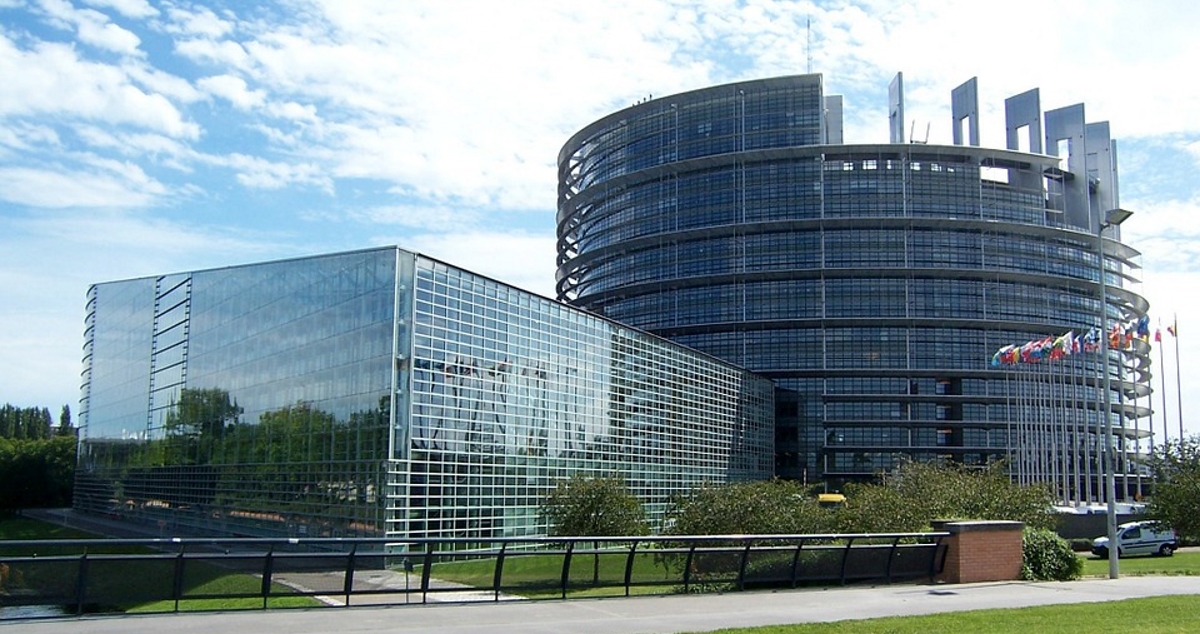Google announces new political ads policy ahead of EU elections
- Friday, November 23rd, 2018
- Share this article:
 Google has revealed plans to roll out new policies for political advertising in Europe ahead of European Union elections due scheduled for May 2019. The policies aim to provide more transparency, requiring advertisers to submit applications and receive verification before they can pay for and run political ads.
Google has revealed plans to roll out new policies for political advertising in Europe ahead of European Union elections due scheduled for May 2019. The policies aim to provide more transparency, requiring advertisers to submit applications and receive verification before they can pay for and run political ads.
The announcement comes following over a year of increased scrutiny regarding how digital advertisers treat political messages, and concerns about how misinformation campaigns run online have been used to influence elections. In September, Google joined Facebook, Twitter and other adtech firms to agree to a code of conduct in Europe, pledging to fight the spread of fake news. As part of this code, both Google and Facebook committed to deploying transparency tools for political ads in Europe, having initially rolled them out in the US in time for the recent midterm elections.
Up to 350m voters across the European Union are expected to take to the polls in May 2019, electing 705 Members of European Parliament (MEPs). To support this process, any ads distributed via Googles networks that mention a political party, candidate or current officeholder will have to make it clear who is paying for the ad. An EU-specific Election Ads Transparency Report will be produced, with a searchable ad library that will enable the public to access more information about who is purchasing election ads, who theyre targeted at, and how much money is being spent.
In addition, Google is offering in-person security training to groups who face increased risks of phishing attacks, collaborating with news organisations across all 27 EU member countries to support online fact checking, and working with Election Commissions across the member states to make accurate information easier to access.
“Like others, were thinking hard about elections and how we continue to support democratic processes around the world, including by bringing more transparency to political advertising online, by helping connect people to useful and relevant election-related information, and by working to protect election information online,” said Lie Junius, director of EU public policy and government relations at Google. “Over the coming months, youll hear more from us on each of these areas and our plans to inform, protect and support around the EU elections, building on our commitments made in the EU Code of Practice on Disinformation.”















